Women of WSPN: Misogyny in Christianity
Credit: Elizabeth Zhong
In the latest installment of Women of WSPN, Editor Genevieve Morrison discusses the issue of contraceptives between men and women.
From the time of its invention, Christianity has set the standards for the treatment of women. As the most popular religion in the world, the teachings of Christianity have tremendous influence. This influence should be focused on spreading God’s word, but instead, it often permeates outdated, sexist values into our society. The oppressive tendencies of Christianity don’t come from the Bible itself, but rather from the institution of organized religion.
Christian women have always been held up to the image of the Virgin Mary. She is the perfect woman, completely sexually pure, but still a mother. She is nurturing and loving, but doesn’t claim any ownership over her child and completely offers him to God. The Catholic Church especially reveres the Madonna and decorates their churches with her image. She is praised to the point where she is no longer seen as a person. Even if it seems like a positive thing, idolization to the point of dehumanization allows us to disregard emotional and mental wellbeing. If we don’t see Mary as a human, we don’t realize her suffering. Additionally, Mary’s idolization gives us permission to do the same thing to women in real life. In order to achieve liberation, women need to be treated as human beings. Virginity is a factor that allows us to dehumanize women, a principal idea in Christianity that Mary is rarely, if ever, referred to by just her name. If a woman is a virgin, she is perfect and innocent, but when she loses that virginity, she becomes unclean and worthless. The way this invisible and imaginary factor controls our perception of women is alarming. Unfortunately, many of the modern standards of virginity stem from Christianity and the idea of the Virgin Mary.
For many Christians, being sexually pure involves modest fashion, which almost always results in constant criticisms of womens’ clothing. When we teach women to constantly dissect other women’s clothing, it causes internalized misogyny. As an Episcopalian, I consider my religious upbringing to have been pretty liberal. However, we were always warned before any church trip or community service that girls were expected to wear shorts below the knee “out of respect” for the people we would be visiting. It is a troubling idea that in order to have respect and be respected, you need to uphold the standards of modesty. Modesty is a standard for many religions, but that doesn’t change the impact of constantly policing womens’ clothing.
The Bible never mentions abortion specifically, but certain passages have led conservative Christians to believe that abortion is against God’s word. However, while Christians debate whether or not God is pro-life, women are dying from botched-at-home abortions and unwillingly suffering through the pain of pregnancy and childbirth. We don’t live in the same society as the one from when the Bible was written, so it’s ludicrous to let it rule our lives and government. Religion should act as a moral guide, but it shouldn’t be something that leads us to treat others differently, and it certainly should not write our legislation.
Progressive Christianity has made strides in stepping away from the repressive gender roles of conservative churches before them, but unfortunately, the Catholic Church insists on upholding misogynistic practices. Women still cannot be priests in the church. This is only made worse by the hierarchical design of the Catholic church. Priests are seen as the closest to God and the only people capable of interpreting the Bible. This gives them an exorbitant amount of spiritual power. When women grow up learning that they aren’t allowed to hold these positions, it leads to feelings of inferiority. For little girls in these churches, the psychological effect of discrimination cannot be understated.
The Bible is one of the oldest documents in the world and has gone through countless translations and edits to the point where “God’s word” has been rewritten by publishers. This is to be expected with such an ancient work, but it becomes harmful when people take these revised texts as fact. The intentions of these stories will never be known. People will always have different interpretations of the Bible based on context, life experiences and morals. There isn’t anything wrong with ambiguity as long as you don’t consider your personal interpretation to be a universal truth.
Your donation will support the student journalists of Wayland High School. Your contribution will allow us to purchase equipment, cover our annual website hosting costs and sponsor admission and traveling costs for the annual JEA journalism convention.

Genevieve Morrison, Class of 2023, is a third year reporter and co-editor-in-chief for WSPN. She plays field hockey and is a co-captain of the softball...

Elizabeth Zhong, Class of 2021, is this year’s graphic designer for WSPN. She is the president of Student Council, co-President of the Tri-M Music Honor...


![On Monday, June 10, the annual Underclassmen Awards ceremony took place inside of WHSs auditorium.
I think that these awards bring motivation to [WHS] students to preform well academically, Sophomore Rufat Hasanov said.](https://waylandstudentpress.com/wp-content/uploads/2024/06/IMG_0474-1200x800.jpg)












![The Wayland residents who volunteer to coach baseball try to make the environment fun and uplifting for players. “[I try] to build the kids up,” Co-Commissioner and coach for a Minors team Alex Ahmed said. “If someone strikes out, you encourage them, [and] say that [they] get another chance, [or they] could try again next time.”](https://waylandstudentpress.com/wp-content/uploads/2024/06/unnamed-1200x801.png)























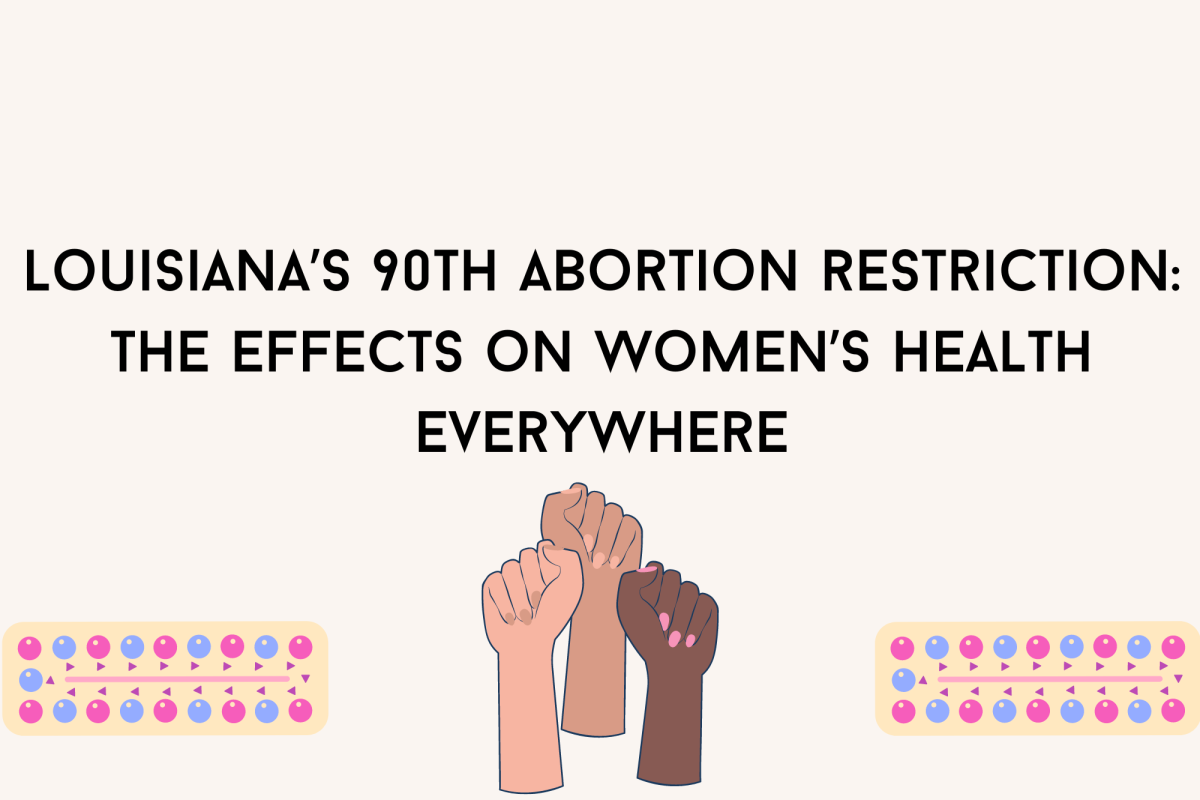


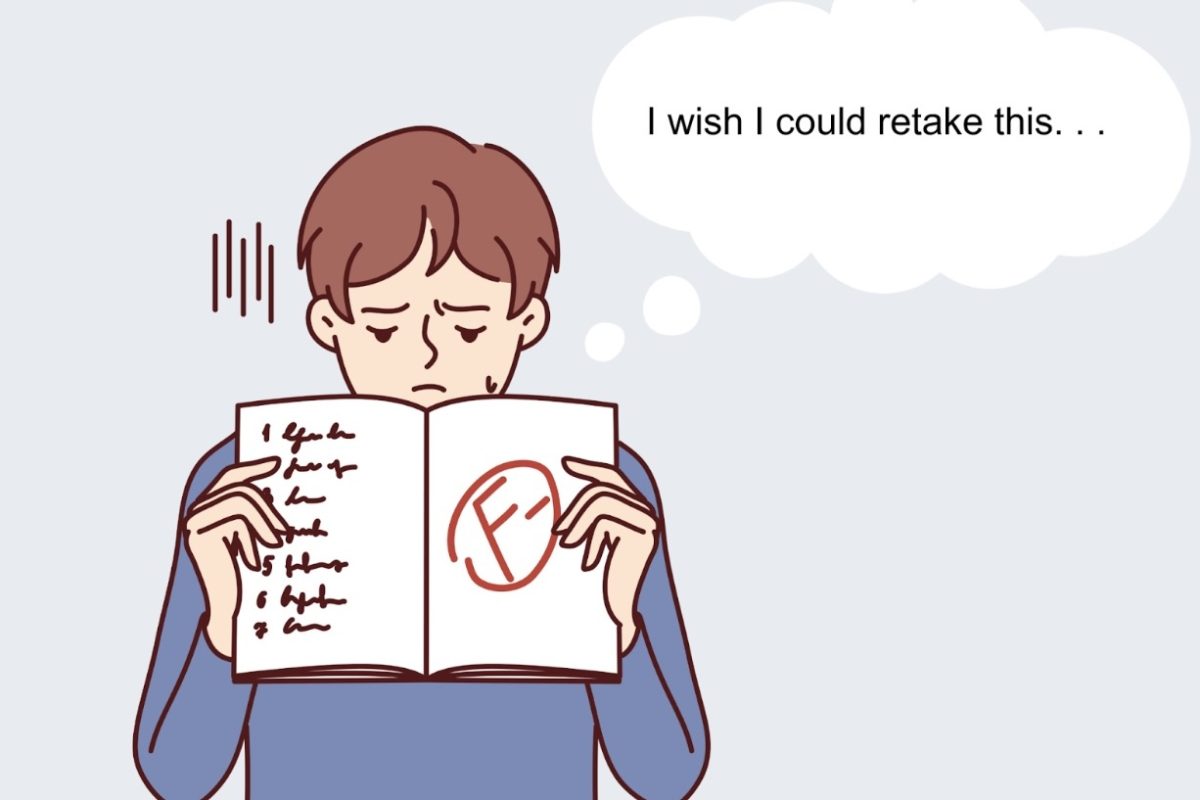















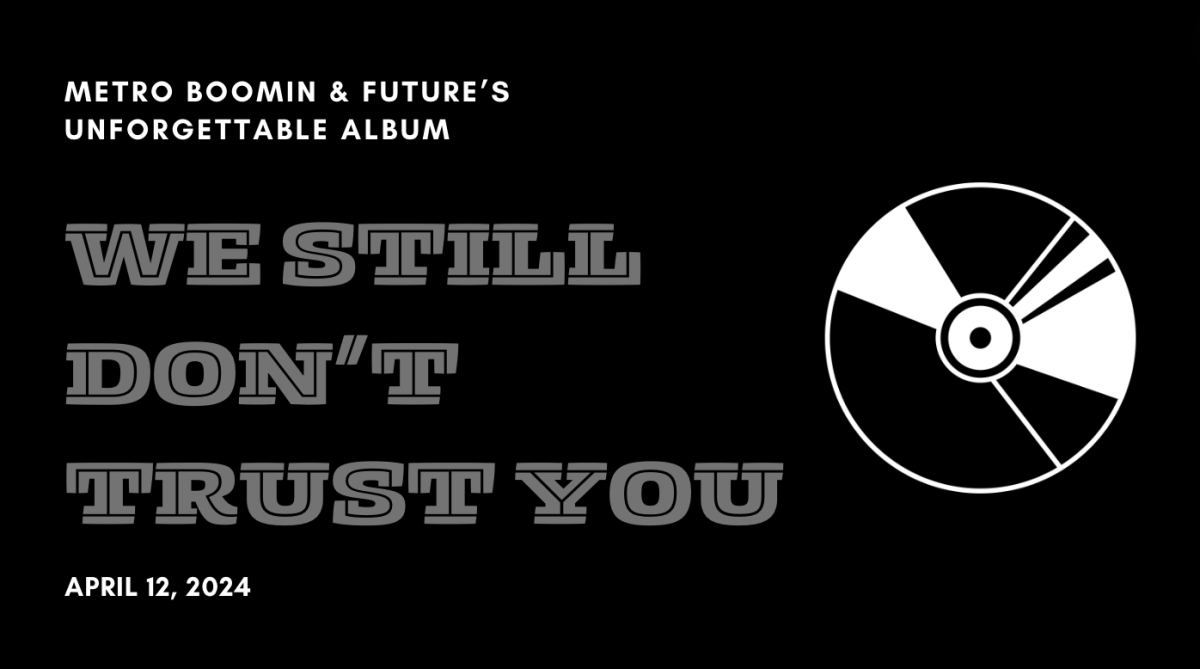
























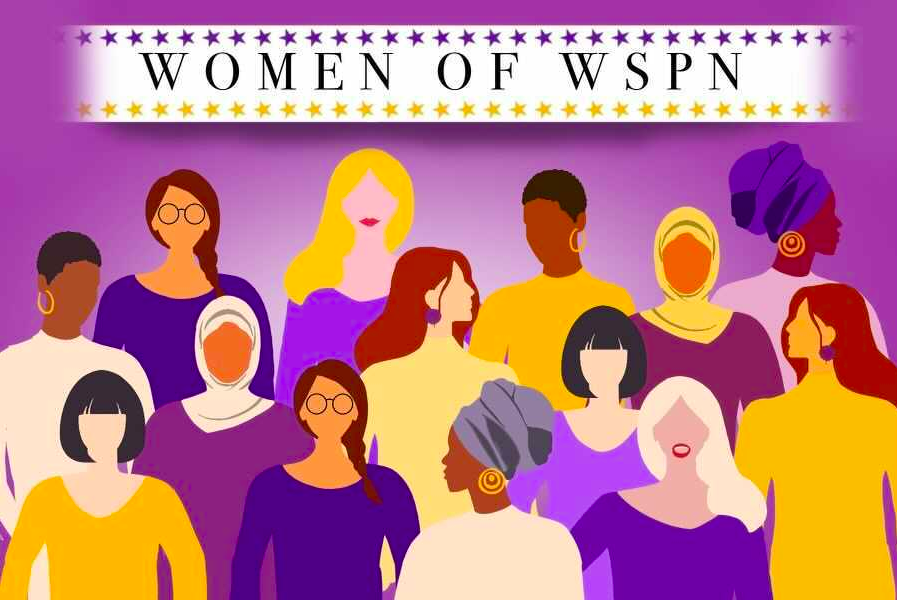

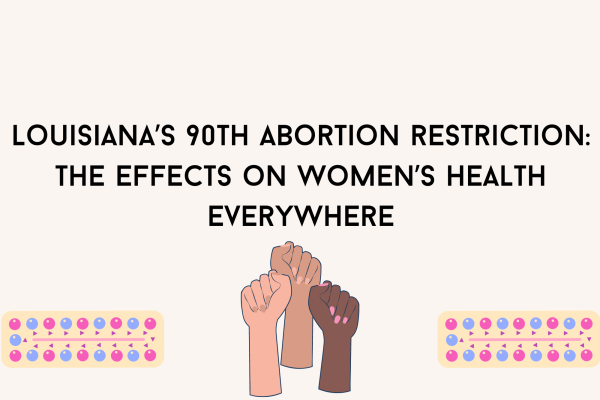








Kisha B Johnson • Jul 15, 2021 at 2:45 PM
I concur wholeheartedly!!